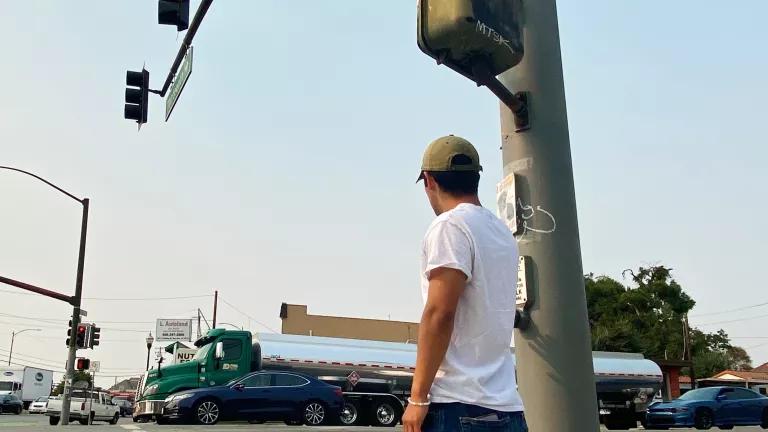Growing interest in innovative approaches to renewal and improvement of our outdated transportation system was evidenced in MAP-21 when both chambers of Congress stepped forward with dramatic expansion of the Transportation Infrastructure Financing Innovation Act under the stirring moniker “America Fast Forward.” While so far it has mostly yielded a crop of toll roads, there is also potential to finance solid public transportation projects especially if the value they can create is captured by proponents.
In order to make ends meet and to build world-class projects, government must collaborate more, across state lines and with the private sector. Some good books have been written about this recently, including Collaborative Governance: Private Roles for Public Goals in Turbulent Times. “Collaborative governance,” say the authors, is when “each party helps to determine both the means by which a broadly defined goal is achieved, and the specifics of the goal itself.” (The Road to Renewal: Private Investment in U.S. Transportation Infrastructure by R. Richard Geddes focuses exclusively on the nitty-gritty of toll road delivery but is worth a read). Given the resources and expertise needed to prepare our infrastructure for climate change and stiffening global economic competition, there is little alternative to big thinking and new collaborative approaches spearheaded by public officials.
Collaborative Governance clarifies that government remains the leader, with “a form of agency relationship between government as principal and private players as agent.” And there must be tight alignment of purposes to steer a straght course. Three kinds of discretion can be shared with private sector players: Production, payoff and preferences. While means of producing a result may be flexible, an agreement must specify desired ends such as more economic development, less traffic congestion and reduced air pollution. Projects can pay off by creating new revenue streams or economic benefits; how will that value be divided up equitably? Public and private preferences about nonmonetary ends may also differ, for example whether a new project serves one neighborhood better than another.
Today the west coast took a leap forward with a new collaborative program dubbed the West Coast Infrastructure Exchange or WCX. WCX is an initiative backed by the governments of our most populous state (California) as well as Oregon, Washington and British Columbia. Their new site describes the huge trillion-dollar challenge faced by the coast as it plans to retrofit, replace and build infrastructure for the 21st century.
The states will work to collectively line up projects that are similar, collaborate with industry, connect governments with those with cutting-edge knowledge and expertise about design and construction and marry projects with innovative financing including private capital. These states are thinking big just when Hurricane Sandy underscored the dire need to prepare ourselves for a stormy 21st century in spite of huge public sector fiscal constraints. By pooling resources and skills, they’ve boosted their capacity to tackle transportation and other infrastructure challenges.
For more information about WCX click on the press release from the governments involved here.



